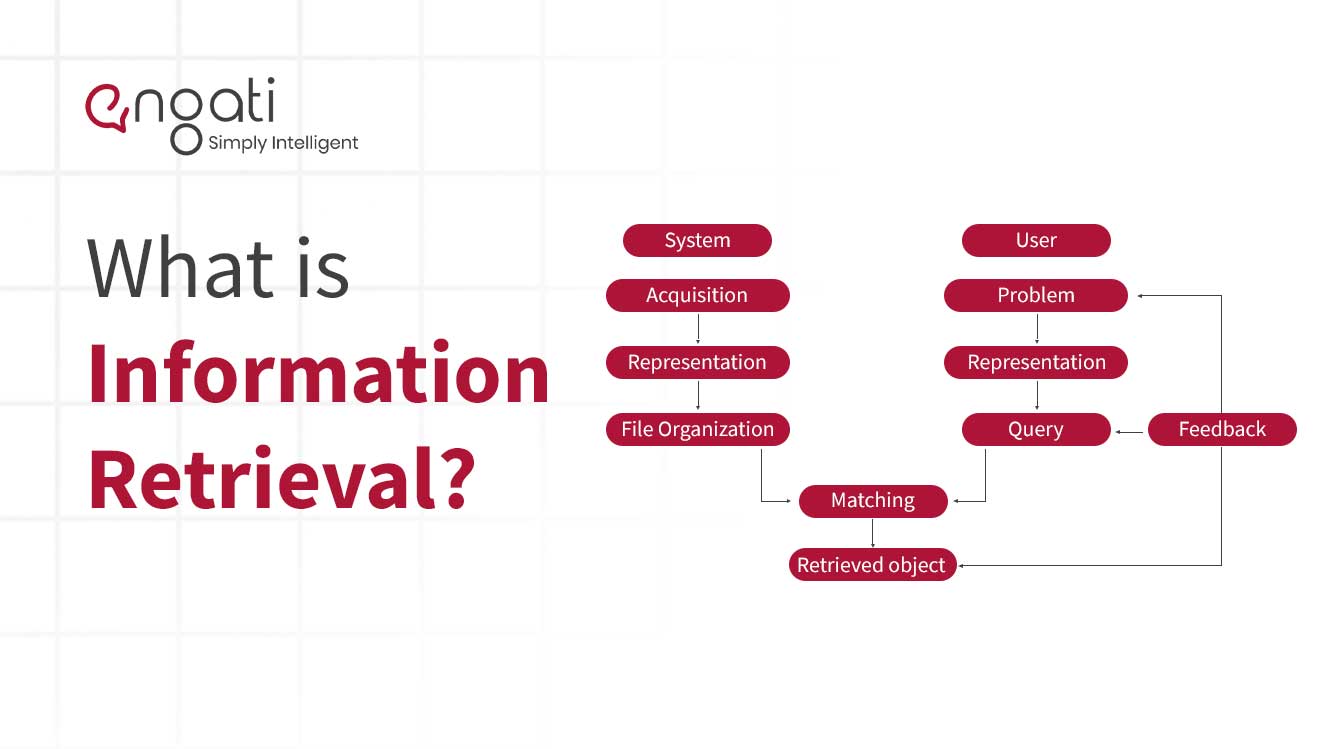Information retrieval (IR) is the process of locating and retrieving information from a collection of data, including documents, images, and audio and video recordings. It is closely related to the field of computer science and data science.
IR is used in many contexts, such as websearch, knowledge management, digital libraries, and digital archiving. It involves filtering, organizing, and interpreting large amounts of data into useful and meaningful information. Techniques used in IR include natural language processing (NLP) and text mining, as well as keyword-based search methods.
The term IR was first introduced in the late 1940s as part of the field of information science. In the 1950s, information retrieval became a focus for research in computer science, and advances in the field led to the widespread use of computer-based search systems in the 1980s.
The most common measure of IR performance is precision and recall, which involves measuring the accuracy of a search result. For example, a search engine may return a set of search results that accurately reflects the user’s query, but may not include all of the items that should be returned. In this case, precision measures the proportion of relevant items in the search results, while recall measures the proportion of relevant items that are returned.
Today, IR is used in a variety of applications, including web search engines, language translation tools, and social media analytics. As the amount of available data continues to grow, so does the importance of IR in helping to interpret, organize, and make sense of it.





